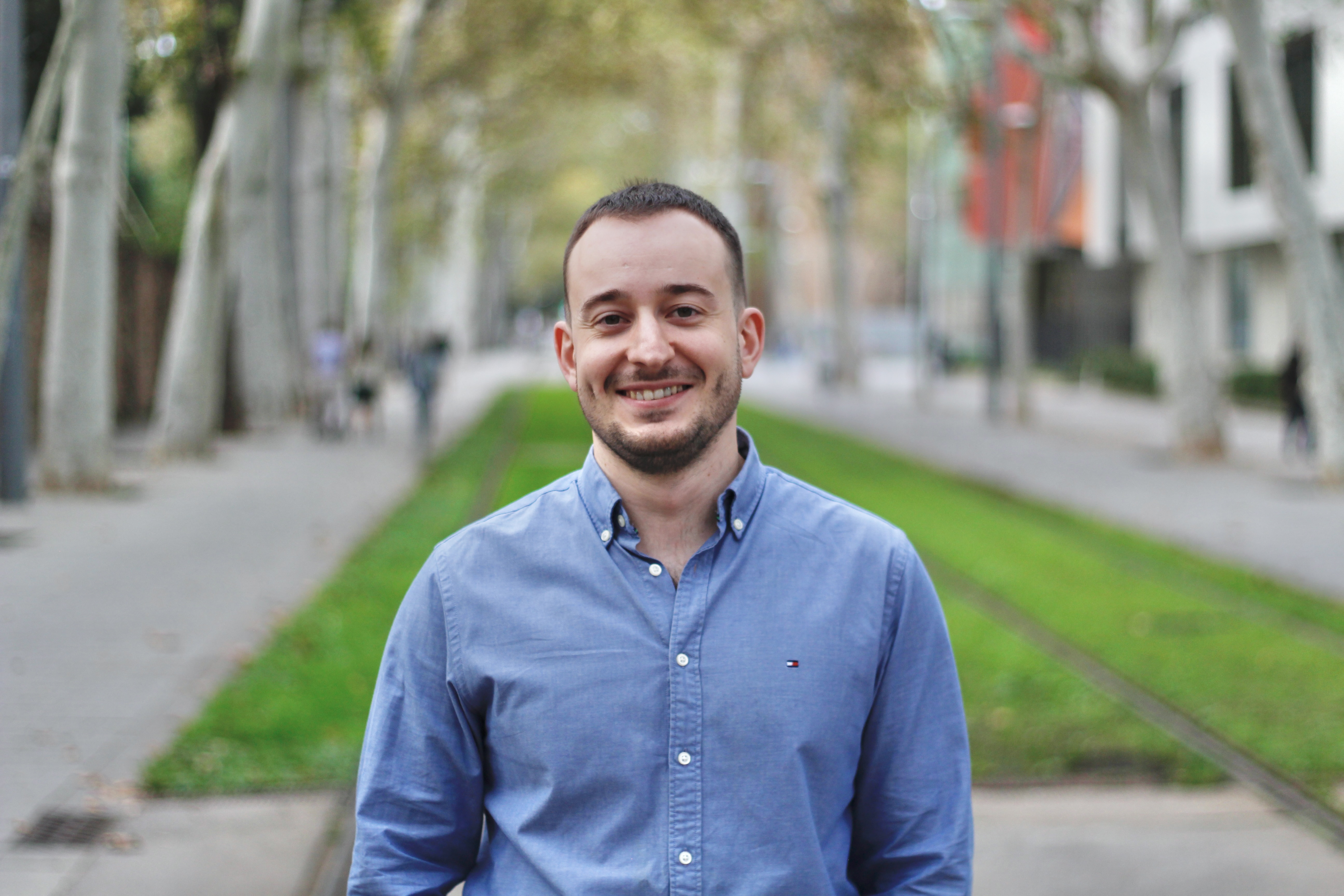A Century of Macroeconomics: From Keynes to Deep Learning
Marko Irisarri (Universitat Pompeu Fabra/University of Manchester)
This talk outlines the century-long evolution of quantitative macroeconomics, emphasizing how theory, data, and computational methods have co-evolved in response to historical events and policy needs. The Great Depression gave rise to macroeconomics as a field, with early Keynesian models using linear systems and aggregate time-series data to support government intervention. Later developments incorporated stable empirical relationships, such as the Phillips Curve, which posited a trade-off between inflation and unemployment. However, the stagflation of the 1970s exposed the limitations of these models, prompting Lucas’s Critique: economic agents adjust their behavior in response to policy changes, making models based on historical correlations unreliable for policy evaluation.
This insight shifted macroeconomics toward structural models grounded in microeconomic foundations and rational expectations—where agents optimize intertemporally and anticipate policy regimes. The Real Business Cycle (RBC) framework formalized this approach using dynamic programming applied to representative agents. While theoretically appealing, early RBC models lacked empirical realism, offering limited internal amplification of shocks. Advances in computing, richer micro-level datasets, and post-2008 interest in inequality have spurred the development of more complex models, particularly heterogeneous-agent DSGE (Dynamic Stochastic General Equilibrium) frameworks that require solving high-dimensional dynamic systems over full distributions of agents. Recent work integrates tools from machine learning and high-performance computing (e.g., GPU acceleration, reinforcement learning) to address questions such as the welfare costs of regional climate change, the design of optimal place-based firm subsidies, and how inequality shapes the design of countercyclical fiscal policy.
Confirmed speakers:
Marko Irisarri is a PhD candidate in Economics at Universitat Pompeu Fabra (UPF), and future Assistant Professor at The University of Manchester. His research focuses on the field of Macroeconomics, particularly on the subfields of Quantitative Economics, Entrepreneurship, and Spatial Economics. He is interested in studying the interaction between inequality/heterogeneity and Macroeconomics, and his current research focuses on the implications of heterogeneous returns to capital stemming from financial frictions for capital, wealth and inheritance taxation and place-based entrepreneurial subsidies.


